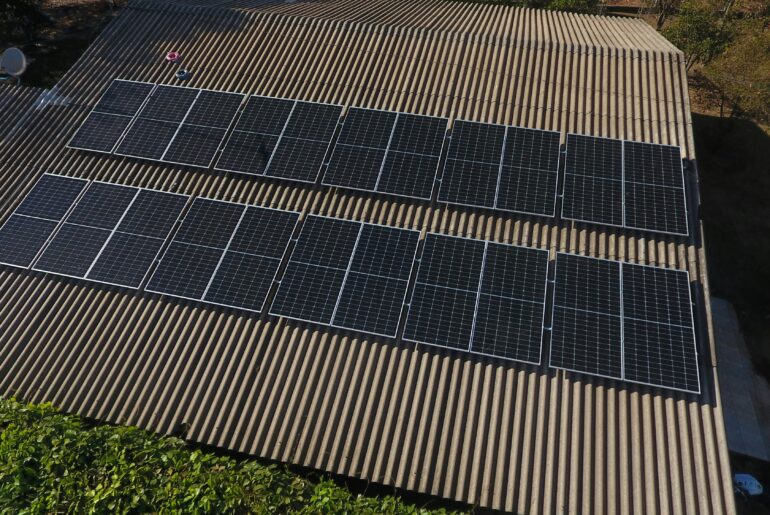Washington, D.C. – The shift to renewable energy is vital for addressing climate change and offers substantial economic advantages to communities affected by the waning fossil fuel industry. The Biden administration acknowledges this potential and strives to ensure that economically disadvantaged areas reap the rewards of transitioning to green energy. This article explores the Inflation Reduction Act (IRA) and its provisions designed to back renewable energy endeavors in “energy communities” severely impacted by fossil fuel industries.
Inflation Reduction Act and Its Green Energy Stimulus
The Inflation Reduction Act encompasses a clause that grants a 30% tax reduction for eco-friendly energy ventures, aiming to stimulate investment in renewables and ease the move away from fossil fuels. Additionally, the legislation provides a further 10% credit for initiatives based in “energy communities,” which have long been sustained and polluted by fossil fuel sectors. These tax incentives aim to promote the establishment of clean energy projects in regions disproportionately affected by coal, oil, or natural gas extraction, processing, transportation, or storage.
Defining “Energy Communities”
Under the Inflation Reduction Act, a community qualifies as an “energy community” if at least 0.17 percent of its employment or 25 percent of its tax revenue is linked to the fossil fuel sector. This designation targets communities burdened by pollution and economic decline due to a heavy reliance on fossil fuel industries.
Tackling the Urgent Demand in Appalachia
The necessity for renewable energy investment is particularly critical in Appalachia, where job losses in the coal industry have been triggered by market fluctuations and environmental regulations. The area has confronted considerable economic hardships, and the shift to renewable energy could bring vital employment prospects and economic development. The tax credit introduced by the Inflation Reduction Act could aid energy developers in overcoming hurdles when initiating green projects in Appalachia, offering essential financial backing to bring more clean energy initiatives to fruition.
The Potential Influence of the Tax Credit on Renewable Energy Projects
The tax incentives within the Inflation Reduction Act hold the potential for considerable impact on the renewable energy sector in underprivileged communities. By diminishing the financial obstacles for green energy projects, the tax credit may entice more developers to invest in renewable energy infrastructure in regions historically dependent on fossil fuels. This transformation could lead to job creation, better air quality, and enhanced economic opportunities for these communities.
The legislation targets areas where the fossil fuel industry has left a significant negative imprint on communities, seeking to address the economic struggles and environmental degradation experienced by these regions. In the long term, the tax breaks provided by the Inflation Reduction Act could play a crucial role in propelling renewable energy projects, creating employment, and fostering economic development in some of the most vulnerable areas in the nation.




